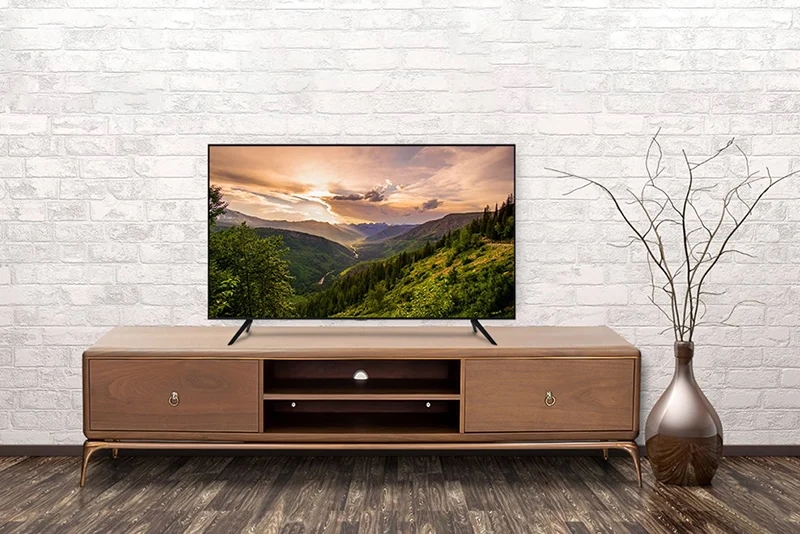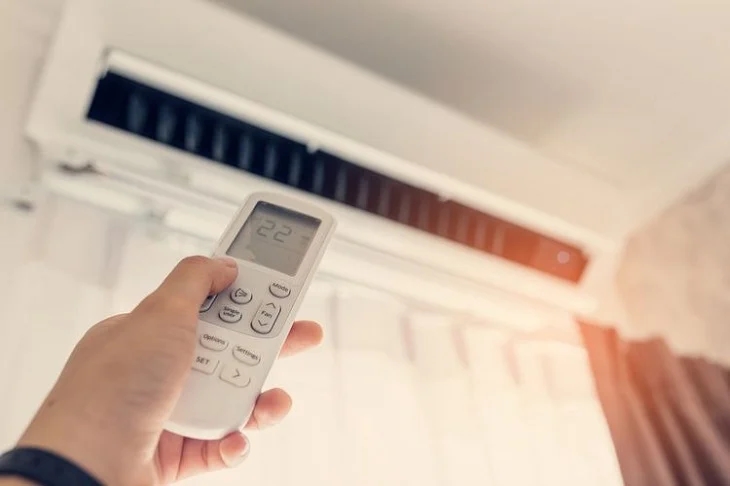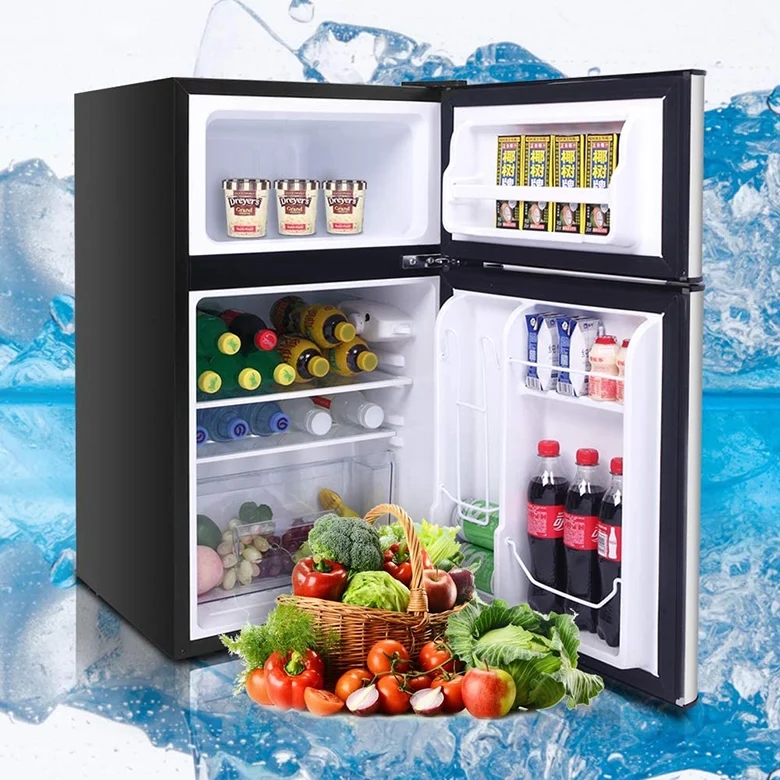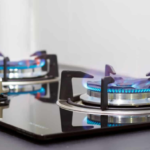Electricity is a specific type of energy that becomes more expensive the more it is used. In difficult times, the high cost of electricity can be a concern for many households. However, you can save electricity by making some small changes in your electricity usage habits. Some devices still consume electricity even when not in use. Therefore, when you don’t need them, completely disconnect them from the power source and do not let them go into standby mode.
When in standby mode, the devices are not truly off but are in energy-saving mode. This allows us to quickly turn them back on when needed. There are devices that use standby mode such as air conditioners, televisions, and chargers, which means they are still plugged in and consume electricity when not in use. Although their power consumption is relatively small, with a long standby time, their energy consumption is significant. Below are 5 power-consuming devices in standby mode, remember to unplug them after use.
1. Television

Turning off the TV with the remote control only puts it in standby mode, but it is not completely turned off. The TV still uses a certain amount of electricity if you do not unplug it. Remember not to unplug it before turning it off with the remote control as it can damage the lifespan of the TV.
However, if your family regularly uses the TV, you should only turn it off with the remote control. If your family does not use the TV for many days or in stormy conditions, turn off the TV with the remote control before unplugging it for safety.
2. Water heater
Many people do not unplug the water heater after taking a shower, but in reality, this consumes a lot of electricity. Because once the temperature inside the water heater is lower than the set temperature, the electric water heater will start and automatically heat the water.
This consumes a lot of electricity and our electricity bill increases without us realizing it. Therefore, always remember to unplug the water heater when you are not using the electric water heater.
3. Air conditioner

Life nowadays has improved, and most houses are equipped with air conditioners. Air conditioners are used frequently whether it’s summer or winter. To save electricity, in the summer, try to set the temperature at 26 degrees Celsius. According to research, this temperature is the most energy-efficient. When going to sleep at night, you can switch to sleep mode on the air conditioner, which is more energy-efficient. When using the air conditioner, try not to turn it on and off frequently, as it not only increases power consumption but also affects the lifespan of the air conditioner.
When the temperature inside the house is comfortable and does not require the use of the air conditioner, remember to unplug the air conditioner to avoid continuous power consumption.
4. Phone charger
Many people have the habit of charging their phones and leaving the phone charger plugged into the outlet ready for the next charge. They still consume electricity even when not connected to any device. You don’t have to worry too much because this power consumption is relatively small, so the amount of wasted electricity is not significant.
However, leaving the charger plugged into the outlet when not in use will cause the charger to age prematurely. Not to mention, it can cause electrical hazards, and even fires. Therefore, you should unplug the charger from the outlet after use to avoid wasting electricity and ensure the safety of your family. If the outlet has a switch, you can turn off the switch without unplugging it.
5. Refrigerator/freezer

Because the refrigerator/freezer needs to be continuously turned on to maintain the desired temperature for food preservation, it’s no surprise that it accounts for more than 12% of household energy consumption.
Obviously, we cannot turn off the refrigerator when not in use, but there are ways to ensure that you only pay the minimum amount of electricity for the refrigerator. Regularly cleaning the refrigerator both inside and outside is the simplest way to save electricity. When you discard expired food, the refrigerator does not need to consume extra power to keep it cool or frozen, thus saving electricity.
According to Xe và thể thao





































